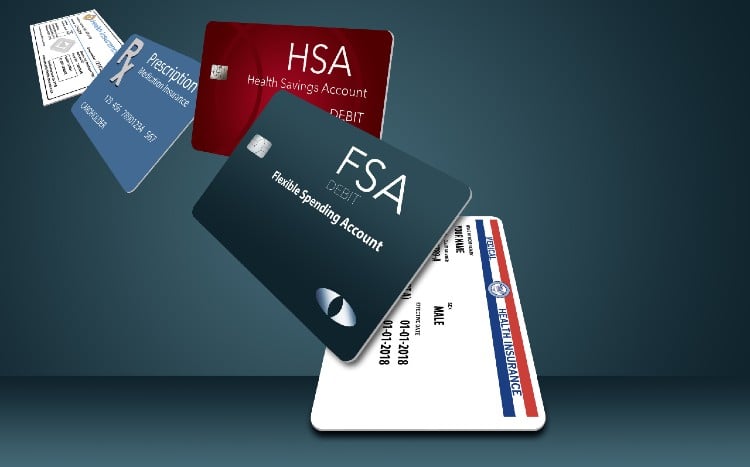About The Author
CONNECT WITH THIS AUTHOR
Market Insights
Navigating today's benefits compliance landscape
June 07, 2021
June 07, 2021
April 06, 2021
February 08, 2021
January 26, 2021
January 19, 2021
January 14, 2021
December 01, 2020
Expert Opinion
ACA reporting extensions not a given
October 19, 2020
Trending Stories
- 1Mark Cuban praises Trump's PBM executive order, predicts 'hundreds of billions' in savings
- 2401(k) contribution limit projections for 2026: Milliman
- 3UnitedHealth CEO objects to critics' 'obsession' with PBMs' role in drug supply chain
- 4Eli Lilly’s new GLP-1 weight loss drug, in pill form, would be more affordable than Ozempic
- 5Arkansas law bans PBM ownership of pharmacies










